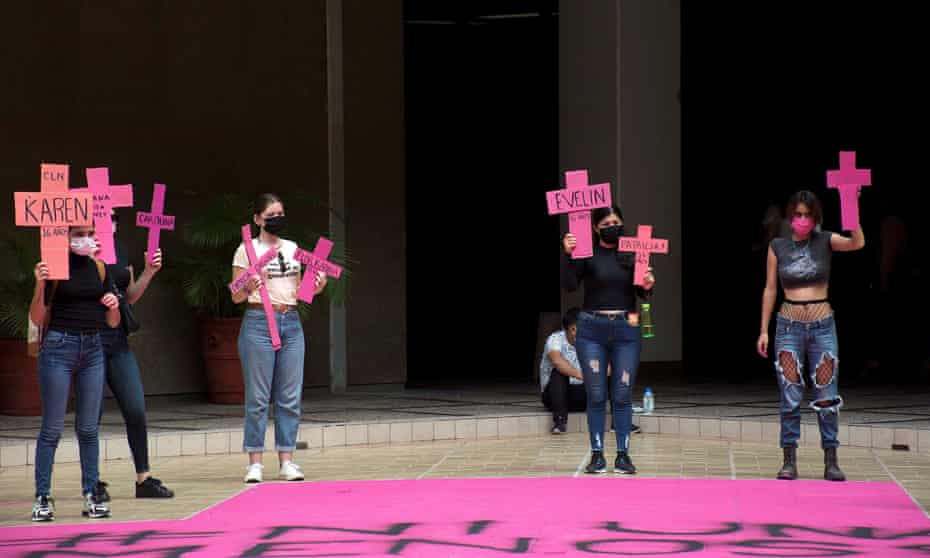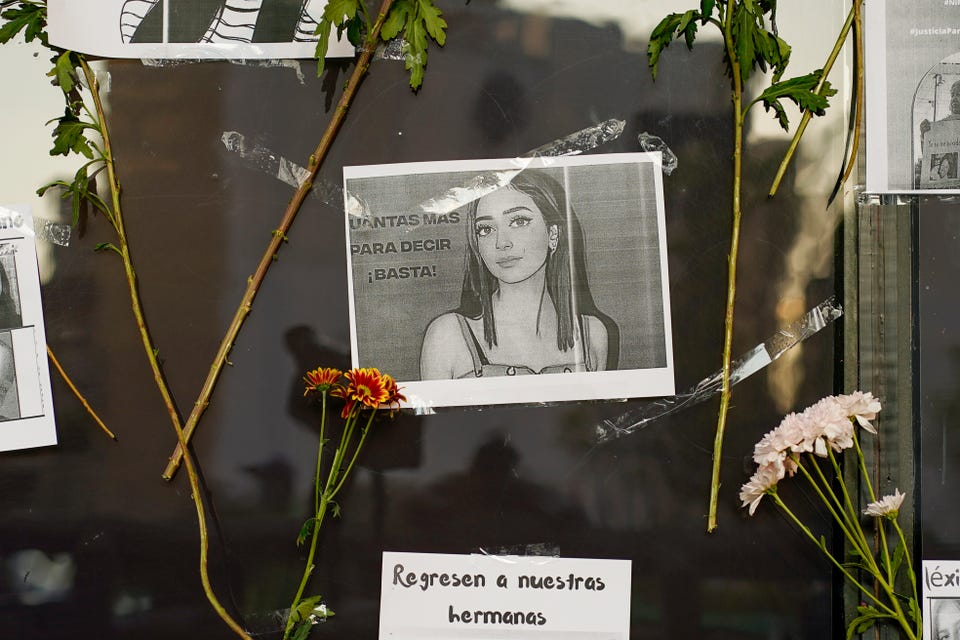748 women have disappeared this year alone, an average of seven a day since the beginning of 2022. This has sparked outrage across the country, with many protesting against the authorities they believe to be indifferent about the problem.
Deemed the most lethal location on the planet for women prior to the Covid-19 outbreak, Latin America is as deadly as ever, with activists of the #NiUnaMenos movement blaming Coronavirus for consolidating the ongoing problem of domestic and gender-based violence throughout the region.
According to the UN, while an average of twelve Latin American women a day were subject to femicide in 2018, the current reality is much worse, further aggravated by the pandemic which brought about the murder of 18 Argentinian women by their partners in the first 20 days of lockdown, and a 65% increase of corresponding cases in Venezuela.
No country paints as dark a picture as Mexico, however, which has become notorious for femicide over the past decade and where 3,723 women were murdered in 2020 alone.
A well-known reality in 2022, 748 women have already disappeared since January (an average of seven a day) according to the UN Committee on Enforced Disappearances’ latest report on the matter.
This, alongside the ever-growing number of reported femicides, has sparked outrage among Mexicans concerned that victims’ families are often the ones left to carry out their own investigations due to widespread indifference by authorities.
‘Mexico is continuing to fail to fulfil its duty to investigate and, therefore, its duty to guarantee the rights to life and personal integrity of the victims as well as to prevent violence against women,’ reads an Amnesty International report. ‘Feminicidal violence and the failings in investigation and prevention in northern Mexico are not anecdotal, but rather form part of a broader reality in the country.’

Essentially, while gender-based violence has been rife in Mexico for some time now, President Andrés Manuel López Obrador has continually downplayed its prevalence, branding those protesting his lack of action as ‘conservative’ and wrongly ensuring the female public that they are protected.





















